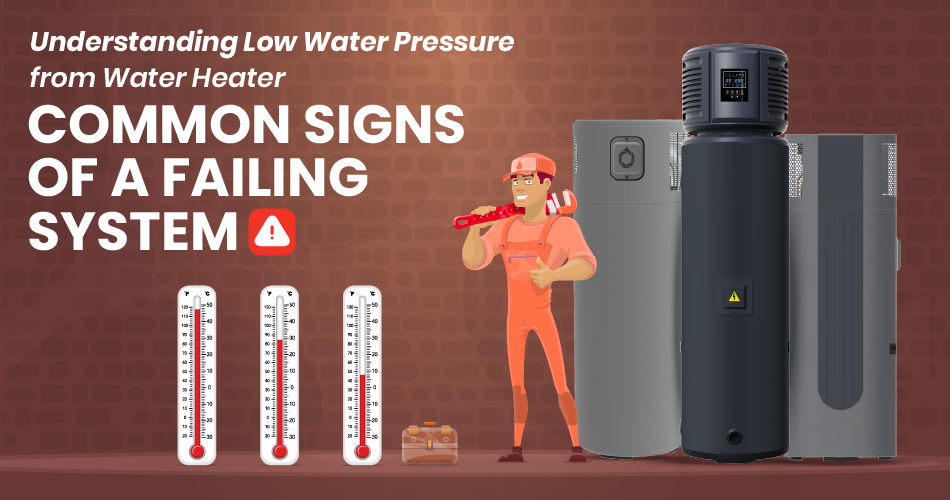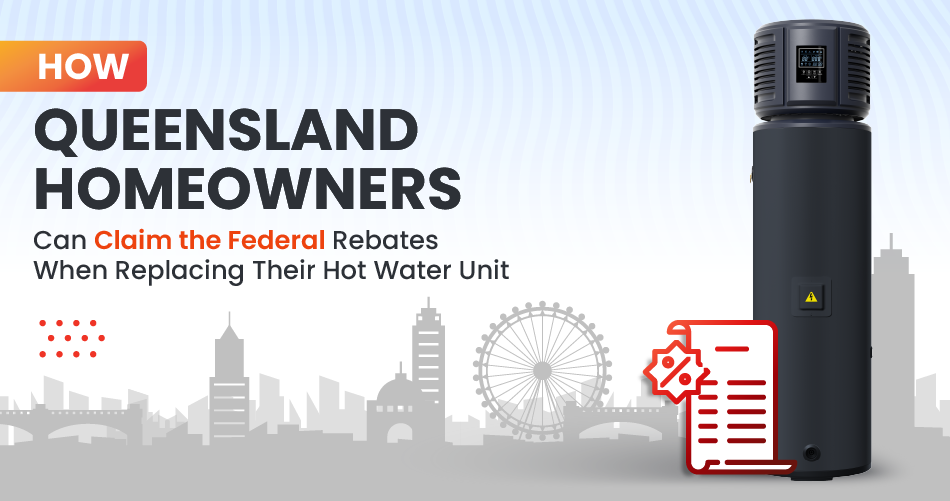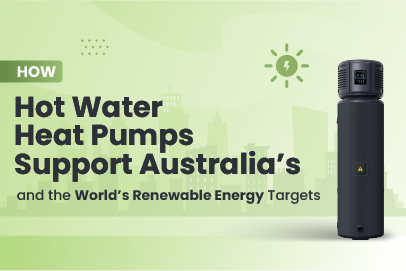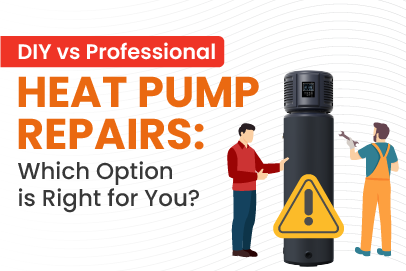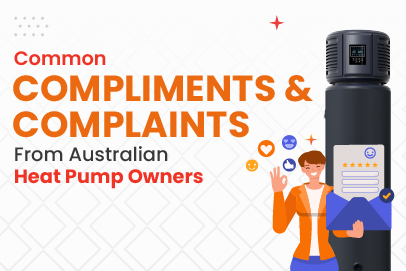Experiencing low water pressure from hot water heater can be frustrating, especially when you rely on consistent hot water for daily routines. Low water pressure in a water heater system can be a sign of an underlying issue that, if not addressed promptly, may escalate into more significant problems.
In this guide, we'll explore common causes, symptoms, and solutions for dealing with low water pressure water heater problems, providing you with the knowledge to diagnose and fix your system efficiently.
Common Symptoms of Low Water Pressure in Hot Water Systems

The first step in addressing hot water pressure issues is identifying the common symptoms. Some of the most frequent signs include:
- Inconsistent Water Flow : Water pressure fluctuates when using hot water, or it significantly decreases when switching from cold to hot.
- Slow Water Flow from Taps : Even with the faucet turned on full blast, you only get a trickle of water.
- Sudden Changes in Pressure : Hot water pressure might start strong but diminishes rapidly.
- Partial Water Supply : Sometimes, only certain taps or showers have low water pressure from the hot water heater while others work fine.
These symptoms often point to underlying problems with your hot water system that may need immediate attention.
Diagnosing the Problem of Low Water Pressure
Before diving into solutions, it's important to diagnose the root cause of the low water pressure from your water heater. Here are some steps to help you pinpoint the issue:
- Check the Water Valve : Sometimes, the problem lies with the water valve being partially closed, restricting water flow. Ensure the valve is fully open.
- Inspect the Water Pipes : Mineral buildup, especially in older homes, can clog pipes, leading to hot water pressure problems.
- Evaluate the Heater's Age : If your water heater is more than 10 years old, it may be reaching the end of its life and unable to function efficiently.
- Look for Leaks : Any leaks in the pipes connected to the water heater can reduce pressure throughout the system.
Causes of Low Water Pressure in Hot Water Systems
There are several factors that can contribute to low water pressure from a water heater. Understanding these causes can help you make informed decisions about necessary repairs or replacements:
- Mineral Buildup : Hard water, rich in minerals, can cause scaling inside the water heater or pipes, leading to reduced water flow. Over time, mineral deposits build up in the system, restricting the flow of hot water.
- Corroded Pipes : In older homes, galvanized steel pipes can become corroded, causing blockages and hot water pressure issues.
- Faulty Water Pressure Regulator : A malfunctioning pressure regulator can cause water pressure to drop. This device controls the water flow into your home, and if it's defective, the pressure can be reduced significantly.
- Clogged Fixtures : Sometimes, the issue is more localized. Mineral buildup in showerheads or faucets can also cause low water pressure from Your water heater.
Solutions to Improve Hot Water Pressure
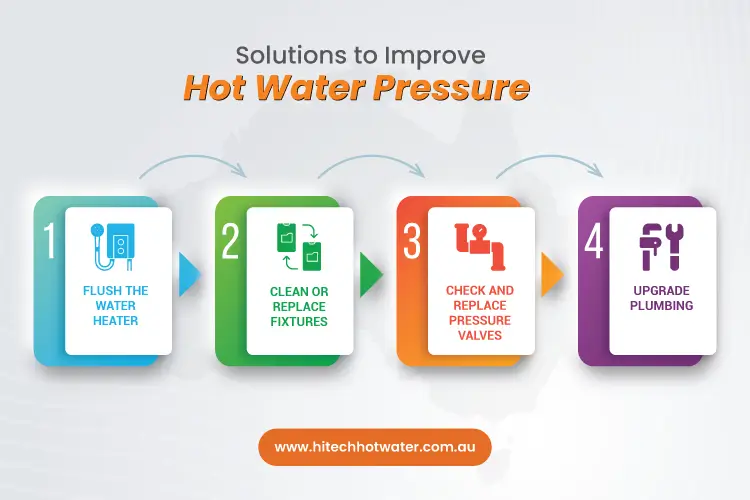
Once you've diagnosed the issue, there are several steps you can take to improve the low water pressure in your hot water system:
- Flush the Water Heater : Over time, sediment builds up at the bottom of the water heater, which can reduce efficiency and pressure. Flushing the water heater regularly can help remove this sediment and restore normal pressure.
- Clean or Replace Fixtures : If the issue is due to clogged faucets or showerheads, cleaning or replacing them can resolve the problem.
- Check and Replace Pressure Valves : A faulty pressure valve may need replacement to restore the right water pressure.
- Upgrade Plumbing : If you live in an older home with galvanized steel pipes, consider upgrading to modern plumbing systems like PEX or copper, which are less prone to corrosion and buildup.
When to Call a Professional
While many low water pressure water heater issues can be fixed with basic troubleshooting, some problems require professional expertise:
- Persistent Low Pressure : If you've tried basic solutions and the pressure is still low, it's time to call a professional to diagnose the issue.
- Water Heater Replacement : If your heater is old and experiencing frequent problems, a professional can advise you on whether it's time to replace the water heater with a more efficient model.
- Complex Plumbing Issues : In cases of severe blockages, corroded pipes, or pressure valve issues, a licensed plumber is the best solution.
Benefits of Water Softeners in Hard Water Areas
Hard water is a significant contributor to hot water pressure problems due to the mineral buildup it causes in both the heater and the pipes. Installing a water softener can prevent scaling and extend the lifespan of your hot water system. Water softeners can help:
- Reduce Mineral Buildup : Softened water prevents calcium and magnesium from accumulating in your system, ensuring consistent water pressure.
- Increase Efficiency : Soft water helps your water heater run more efficiently, reducing energy costs over time.
- Prolong Equipment Lifespan : By preventing the buildup of damaging minerals, a water softener can extend the life of your water heater and plumbing system.

Conclusion
In conclusion, dealing with low water pressure from hot water heater is a common issue that can stem from a variety of causes, from mineral buildup to faulty valves. While some issues can be resolved with DIY solutions, more complex problems may require professional assistance.
Regular maintenance, such as flushing your system and installing a water softener in hard water areas, can prevent many of these problems.
For homeowners experiencing low water pressure water heater problems, investing in a hot water heat pump system could be a great solution, offering energy efficiency and consistency in water pressure. To make it even more attractive, there are heat pump hot water rebates available, making it a financially smart and environmentally friendly option.

